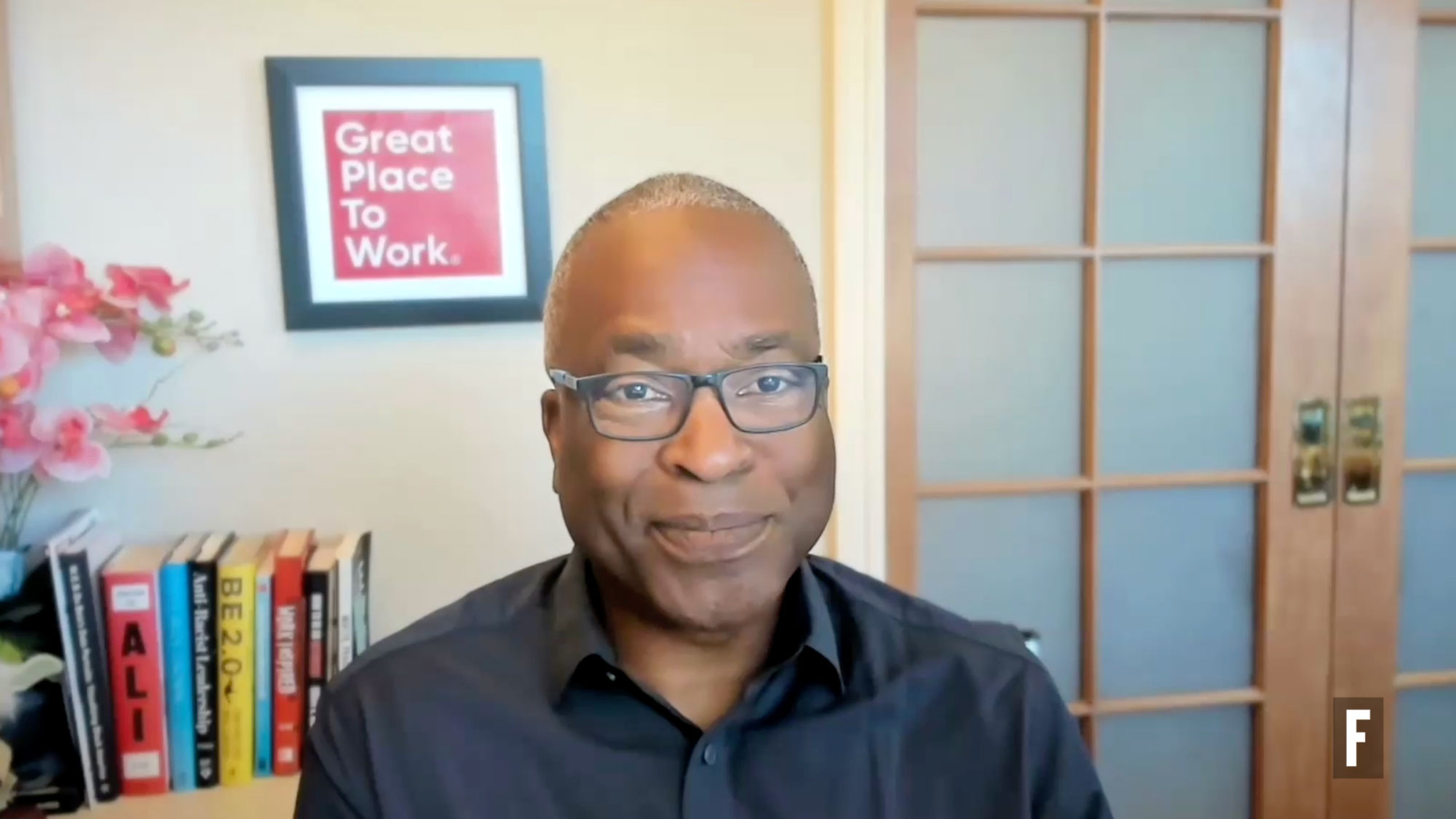One can be forgiven for believing that the great workplaces of the future will be defined by an acceleration of popular company perks: catered meals, elaborate game rooms, home cleaning services, and subsidized massages. But perks do not a great workplace culture make. And employers will struggle to differentiate their culture as competition to offer the most enticing perks grows fiercer.
The great workplaces of culture will instead be defined by how companies manage the inevitable conflict driven by the following technological, demographic, and social changes:
- The increasing prevalence of virtual communication, as teams collaborate across the globe and more employees work from remote locations
- Greater ethnic, gender, and racial diversity, along with more varied backgrounds and experiences that result in a wider range of perspectives on any given business issue
- Increased desire among employees to contribute to shaping the direction of their business
That’s right: conflict in the workplace will increase, not decrease. And the great workplaces of the future will be the ones that 1) lead the way in managing internal conflict via consultative, consensus-building approaches to decision-making, and 2) invest in the professional development of their people, equipping them with the core skills to manage conflict effectively on their own.
Great employers recognize how effective internal collaboration translates into business success. They know that unresolved conflict, revisited decisions, and employee frustration undermine productivity and diminish business results. The differences between a typical workplace culture and a great one will become even more apparent in the future.
| Typical Workplace Culture | Great Workplace Culture |
|
|
Joseph Bubman is a senior trainer on negotiation and conflict management at Vantage Partners, LLC. He is also founder and CEO of the employer review site Company Connector.







